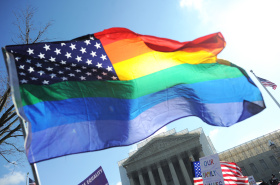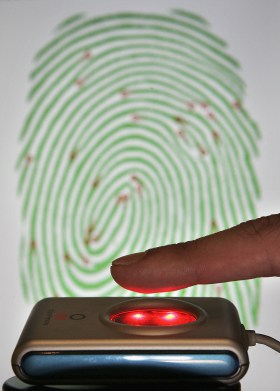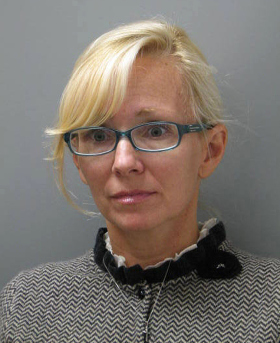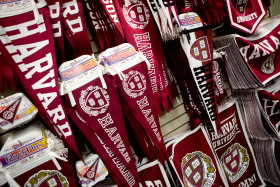
An internal review revealed the scope of the problem
More than 600 American service members since 2003 have reported to military medical personal that they think they were exposed to chemical warfare agents in Iraq. However, the Pentagon did no offer sufficient tracking and treatment to those who may have been hurt by the chemical exposure, defense officials admitted Thursday.
The New York Times reported in October that troops had encountered chemical weapons from the 1980s during their tours in Iraq. An internal review of Pentagon records that was ordered by Defense Secretary Chuck Hagel confirms that soldiers were exposed, according to the Times. But the number is higher than any had previously imagined. (The Times originally reported 17 cases.)
The Pentagon says that it will now reach out to veterans who may have been exposed and provide them with care. It will be the first time the government has acted on the astonishing data. Why the Pentagon did not compile this data before remains unclear. According to post-deployment health assessments filled out by soldiers, 629 servicemen said they may have been exposed to chemical, biological and radiological warfare.
[NYT]







